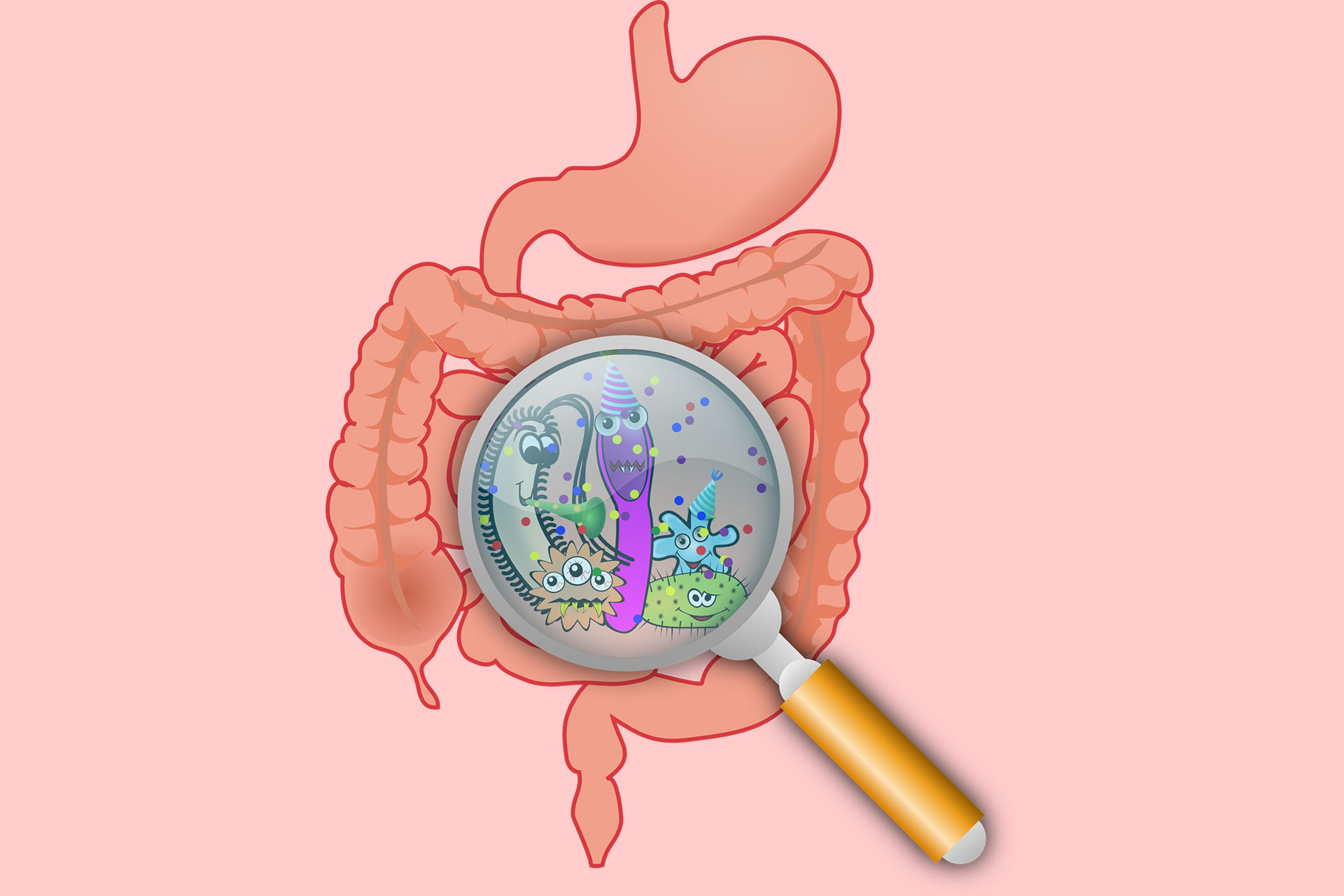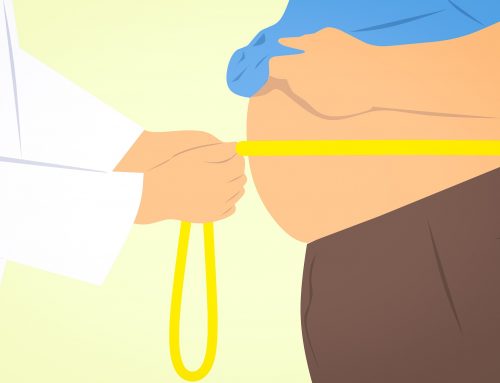Gut health has been a hot topic over the last decade or so, with significant research into the role of the gut in our physical and emotional health. There is now greater understanding of the connections between the gut, the brain, the endocrine system and immunity and greater emphasis on gut health as a result.
What is the gut and why is it important?
When we speak of the gut, we are speaking of the large intestine, which is a major part of the digestive system. When we eat, food passes from the mouth, down the oesophagus to the stomach, where acidic secretions break down the food and start the digestive process. Liquefied stomach contents then pass into the small intestine where digestion continues and absorption of nutrients into the blood stream takes place.
At this stage, it’s important to point out that the more effective the breakdown and digestion of the food, the more nutrients the blood stream can absorb through the wall of the small intestine and carry to the cells of the body. Thoroughly chewing one’s food not only breaks food down into smaller pieces, increasing the surface area that comes into contact with digestive enzymes in the stomach and small intestine, but also mixes the food in the mouth with enzymes that break down carbohydrate. The more enzymatic activity in the mouth, stomach and small intestine, the greater the utilisation of nutrients by the body.
Back to the gut. Once the small intestine has absorbed as many nutrients as it can, the remaining matter passes into the large intestine. It is here that approximately 100 trillion micro-organisms, both “friendly” and “unfriendly”, reside. These microscopic bacteria feed on the undigested food particles that reach the large intestine and produce chemicals that have astounding, far reaching effects on our health.
Some of these chemicals influence the production of hormones such insulin, leptin, ghrelin and thyroid hormone, all of which have an impact on body composition. Insulin is the key to moving glucose from the bloodstream into the cells, leptin and ghrelin are the satiety and hunger hormones respectively, and thyroid hormone governs the metabolic rate. Thus, the gut microbiome plays a role in the way the body responds to food and influences whether there is a tendency to use the macronutrients as fuel or store as fat.
Other chemicals produced by the gut microbiome have effects on neurotransmitter production, which in turn affect sleep, mood, learning, memory and emotional wellbeing. It is estimated by the American Psychological Association that 95% of the body’s serotonin, the good mood stabiliser that can help inhibit depression and anxiety, is synthesised by “friendly” gut bacteria.
The beneficial bacteria in the gut also play a major role in immunity in that they identify, detoxify and eliminate harmful substances in the digestive tract and produce antibodies where necessary. It is estimated that 75% of the body’s immune system cells reside in the gut lining and there is constant interaction between the immune system and the gut microbiome.
How can gut health be supported?
The proportion of good versus bad bacteria in the gut is largely related to diet and lifestyle, although some medications may cause imbalances too. A diet rich in pre-biotic fibre (insoluble fibre and resistant starch) will help to nourish beneficial bacteria in the gut, and crowd out harmful bacteria. Suggested foods include vegetables, fruits, seeds and wholegrains (preferably gluten-free such as rice, quinoa and buckwheat). In addition to this, fermented foods such as kimchi, kefir, sauerkraut, miso, unflavoured yoghurt, apple cider vinegar and kombucha can help to repopulate depleted intestinal flora.
Processed foods, refined carbohydrates and trans-fats promote the proliferation of harmful bacteria and cause inflammation of the digestive tract, so should be minimised, or ideally omitted, in a gut-friendly diet.
Lastly, the question of antibiotics. Antibiotics are incredible in their ability to fight bacterial infection, but they have a devastating effect on the microbiome as they completely destroy both harmful and beneficial bacteria. If antibiotics must be taken, it is wise to take a probiotic for at least a few weeks after the course of medication, to help restore and repopulate the gut flora.









